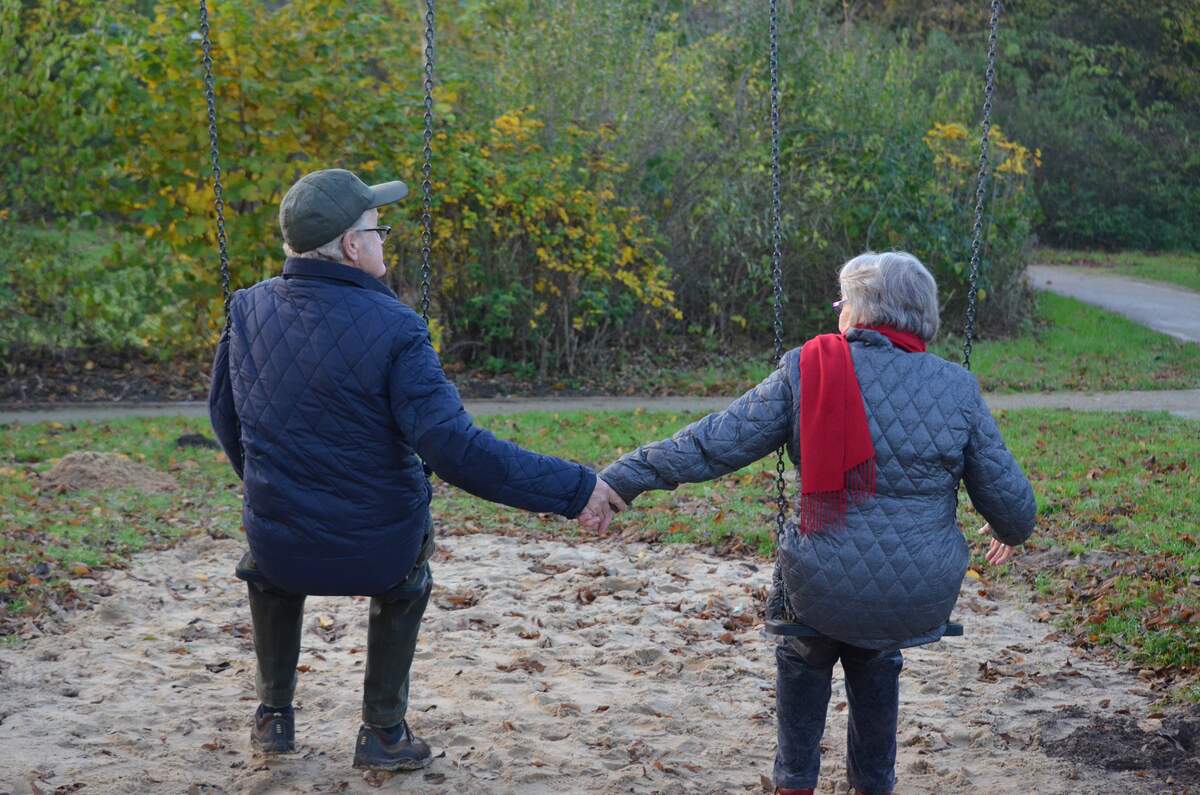

Ancestor Appreciation Day
Observed
annually on September 27th
Dates
September 27th, 2023
September 27th, 2024
September 27th, 2025
September 27th, 2026
September 27th, 2027
Tags
Family & Friends
History & Culture
Hashtags
Sources
https://every-day-is-special.blogspot.com/2012/09/september-27-2012-ancestor-appreciation.html
https://www.amazon.com/dp/1598888587?tag=checkiday08-20
https://www.census.gov/newsroom/stories/2017/september/ancestor.html
https://www.mindfullivingnetwork.com/ancestor-appreciation-day/
https://www.thoughtco.com/how-to-trace-your-family-tree-1420458
Do you know who the people were you descended from? Where did they live? Did they immigrate to the country you live in during the past few generations or have they lived on the same continent for centuries? How did their life choices help to get you to where you are today? Ancestor Appreciation Day is a day to learn about and appreciate your ancestors. It is a day to look into your family history, to learn about generations you have never learned about before. It is a day to research and do interviews. According to Chase's Calendar of Events, the day is sponsored by the Ancestor Appreciation Day Association in Ann Arbor, MI.
How to Observe Ancestor Appreciation Day
The day should be spent looking into your family history and researching your genealogy. It may be a good idea to first make a research plan. Focusing on one side of the family at a time, and even one person at a time, may be a good way to start. You should also make sure you have a plan to organize all the information you find. Making a family tree chart as you work is a good idea. Another good thing to do when starting out is to check to see if anyone else in your family has already done genealogical research. Here are some research ideas:
- If you have older relatives, spend the day with them and talk with them about the relatives they knew in the generations that came before them. When interviewing them, try to have full conversations and get life stories. Don't just ask yes or no questions, or only for names and dates. If possible, make a video or audio recording of your conversation. Take notes as well.
- Look through old documents and possessions such as photos, postcards, letters, and family bibles. You could first start with whatever things you have, and then ask other relatives if you can look through what they have. If they don't want you to take anything with you, ask if you can make copies or take pictures of the artifacts.
- Search through public records such as census forms; records of birth, marriage, immigration, and death; old newspapers (often on microfilm or digitized online); and land deeds. Many of these records can be found at libraries, historical societies, courthouses, and Family History Centers. Planning a visit to the towns or cities where your ancestors lived may help you find this information. Besides looking for information at these locations, stop at churches your ancestors attended and cemeteries where they are buried.
- Explore online resources such as Ancestry.com, the Family History Library Catalog, the FamilySearch Wiki, and state archives.





















